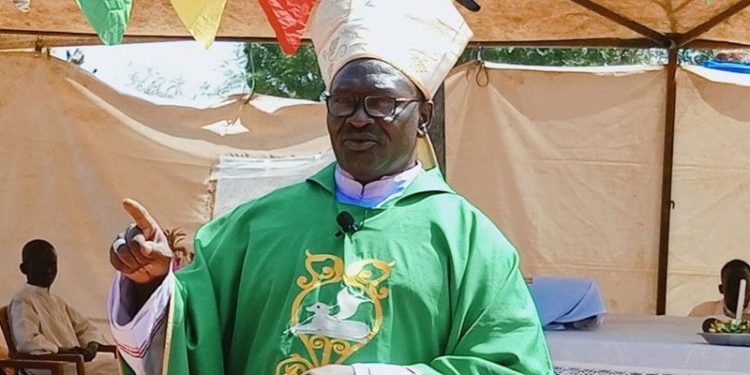He urges the governments of Sudan and South Sudan “to call upon the non-governmental organizations and United Nation agencies to provide immediate humanitarian assistance to the people in need.”
According to the United Nations Office for the Coordination of Humanitarian Affairs (UNOCHA), over 1 million people were verified to be affected by torrential rain and flooding in 36 counties across South Sudan and over 20,000 people in the Southern part of the AAA as of October 28.
“The ongoing flood response is hampered by renewed violence and insecurity, inaccessibility due to impassable roads, broken bridges, flooded airstrips, the lack of air assets, the lack of critical core pipeline supplies and funding constraints,” UNOCHA further reports.
In his November 7 statement shared with ACI Africa, Bishop Trille makes reference to the fighting between the Ngok and Twic, saying, “People are suffering due to the ongoing communal fighting between the two sides.”
“The fighting is something that has negatively impacted the civilian daily lives,” he further says, and adds, “In addition to the conflict, natural disasters, floods and heavy rains have devastated homes and schools.”
The Local Ordinary of El Obeid Diocese who doubles as the President of the Sudan Catholic Bishops’ Conference (SCBC) continues, “There is an outbreak of waterborne diseases among the communities and livestock.”
“The violence has led to loss of lives, torching of homes and properties and displacement of thousands of people from both sides,” he says.
The Catholic Bishop who started his Episcopal Ministry in April 2017 “strongly calls upon the Republic of Sudan and South Sudan to work hard and quickly to find solutions to the problem of Abyei.”
On November 1, Bishop Trille called upon the governments of Sudan and South Sudan to move with speed to resolve the “final status of Abyei”.
Located on the border between Sudan and South Sudan, Abyei was accorded “special administrative status” by the 2004 Protocol on the Resolution of the Abyei Conflict, “The Abyei Protocol”, as part of the 9 January 2005 Comprehensive Peace Agreement (CPA) that ended the two decade civil war in Sudan.
Credit: Source link




